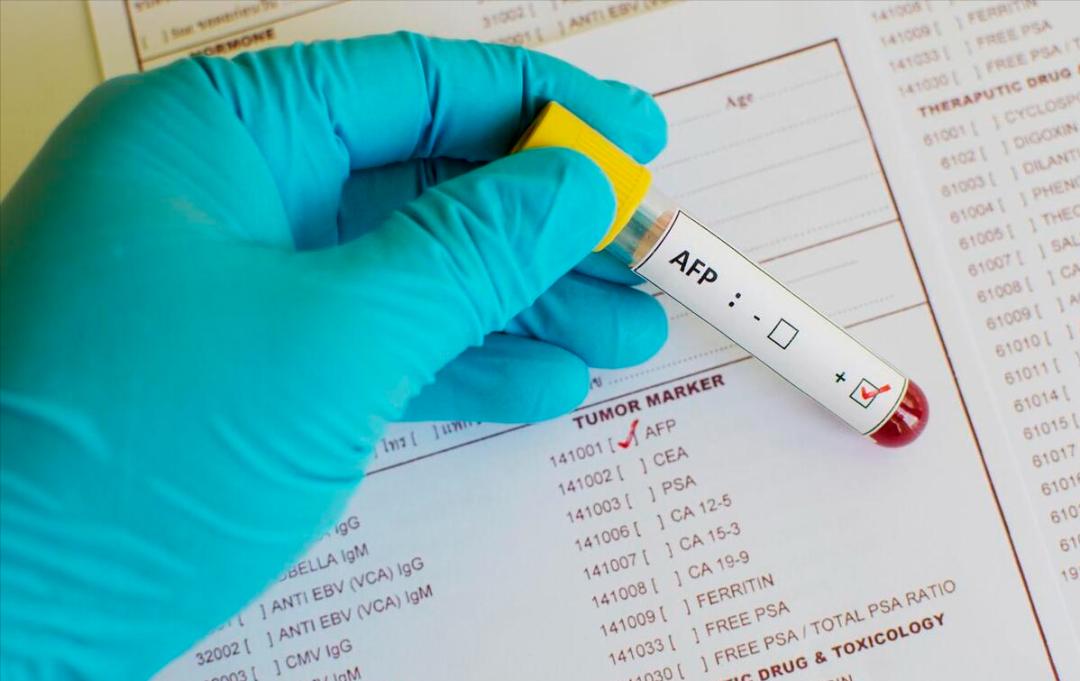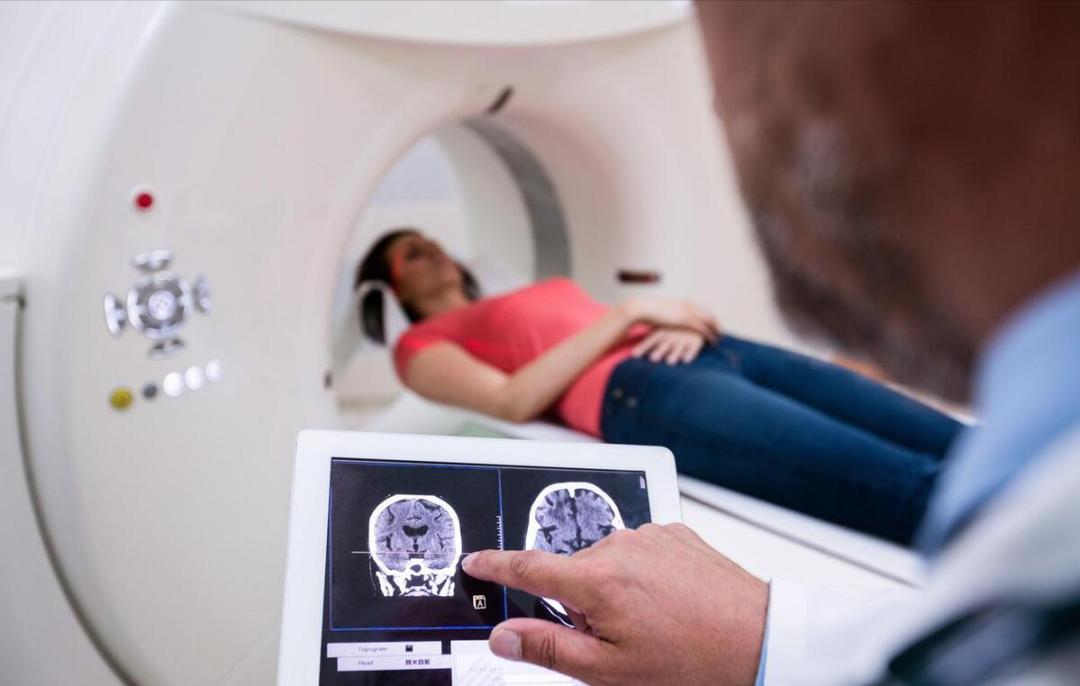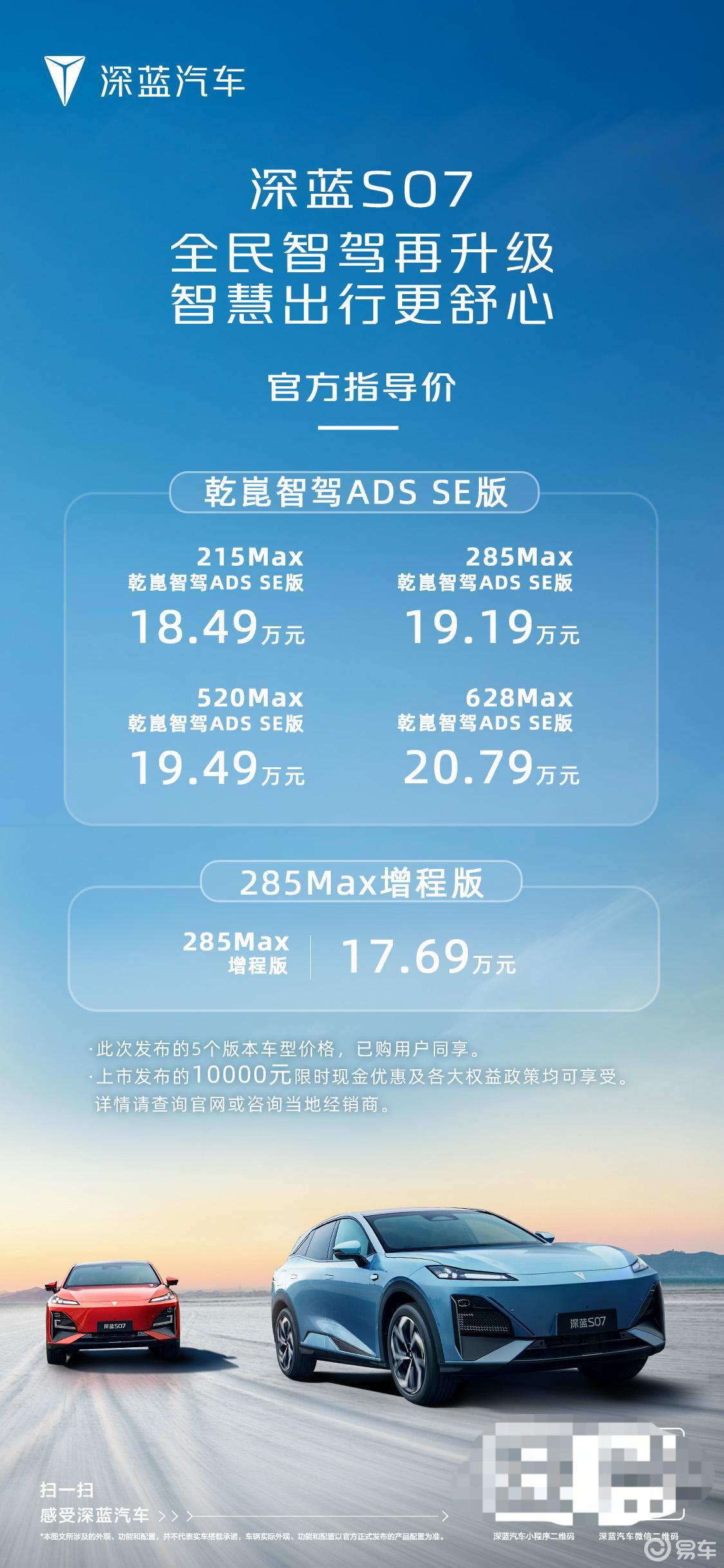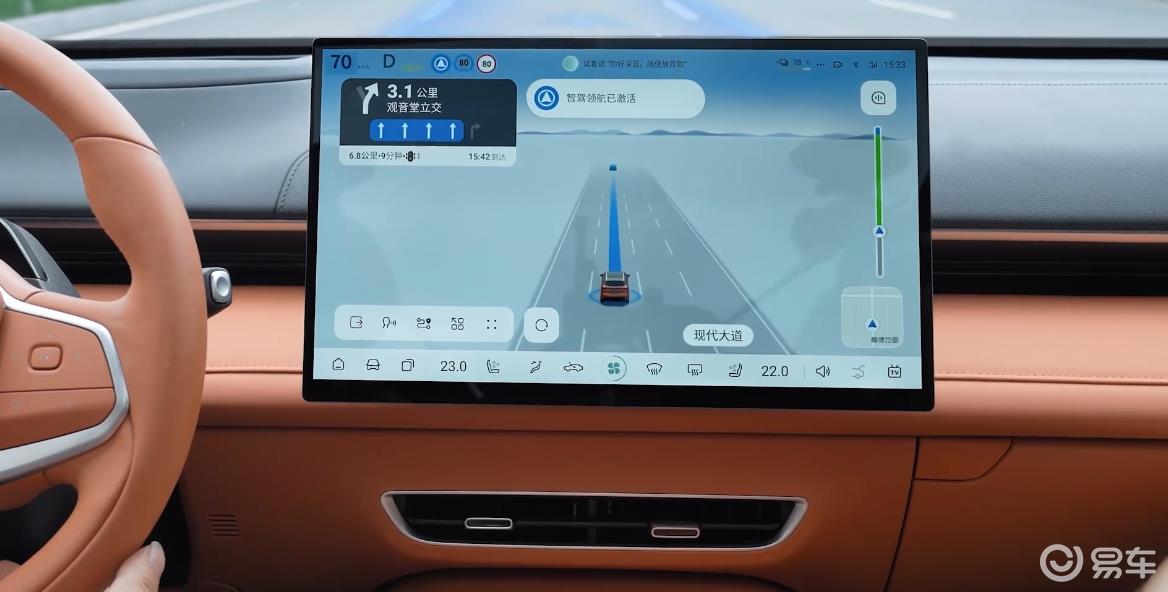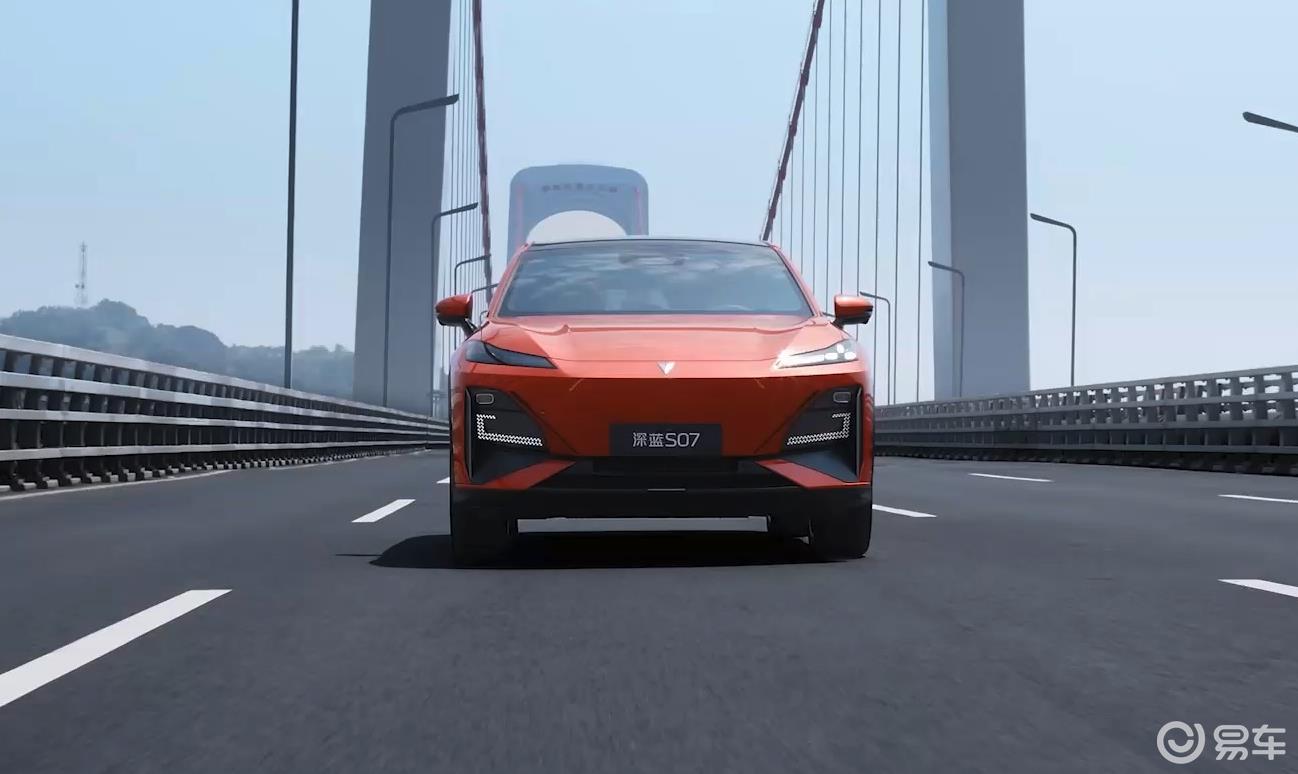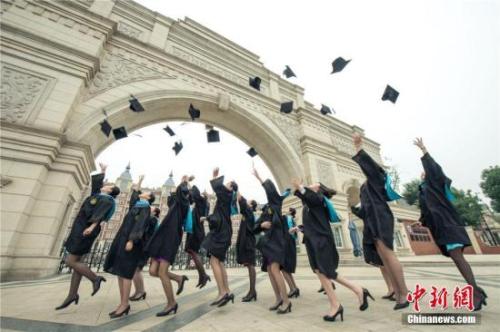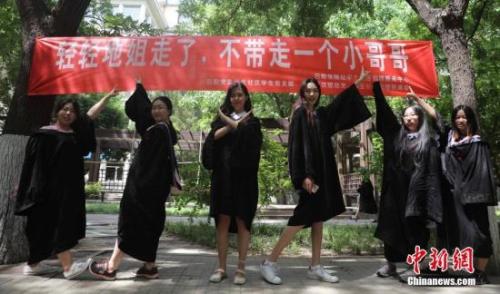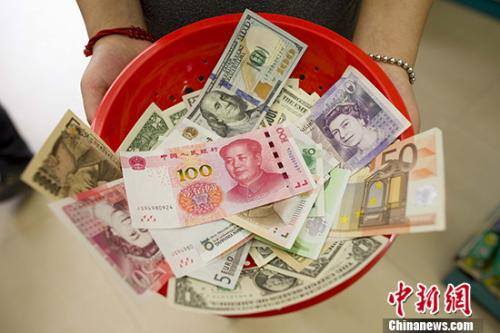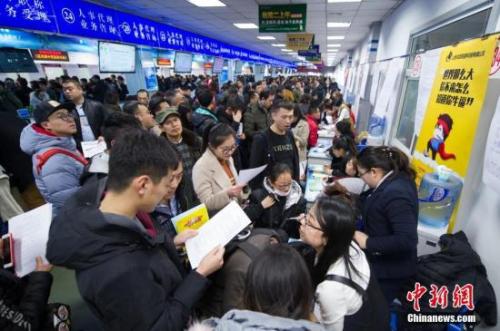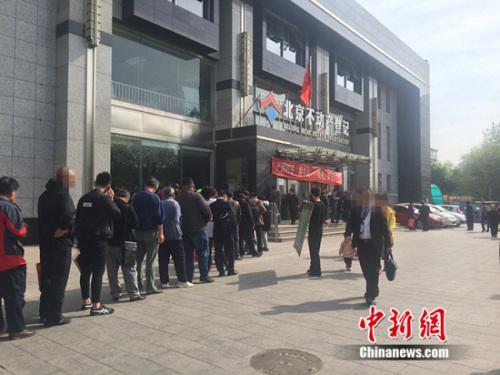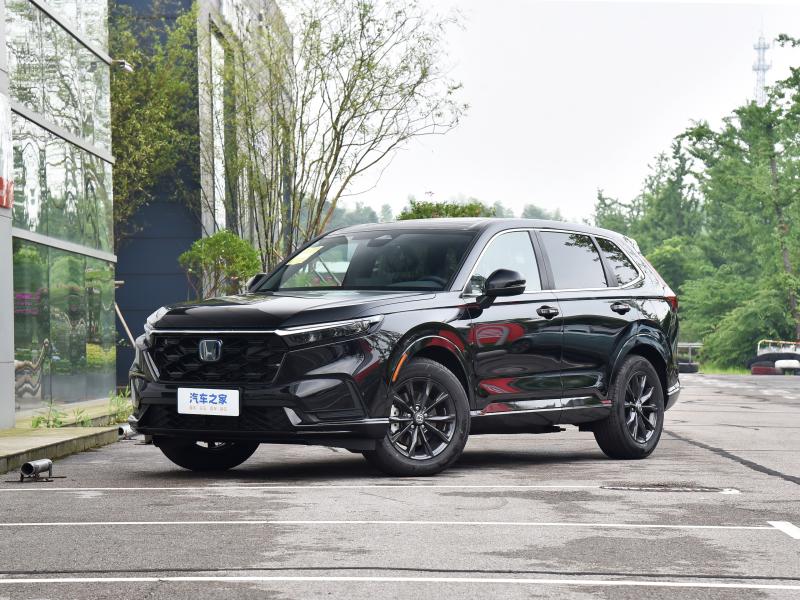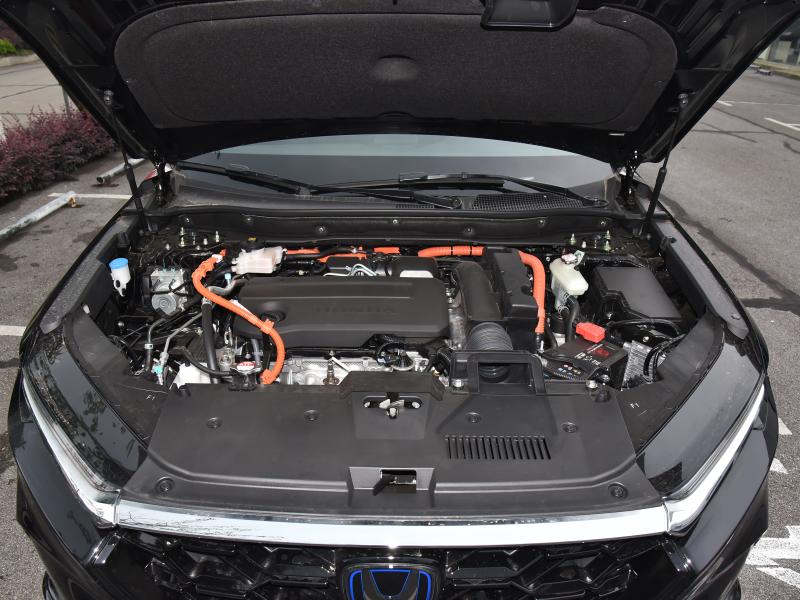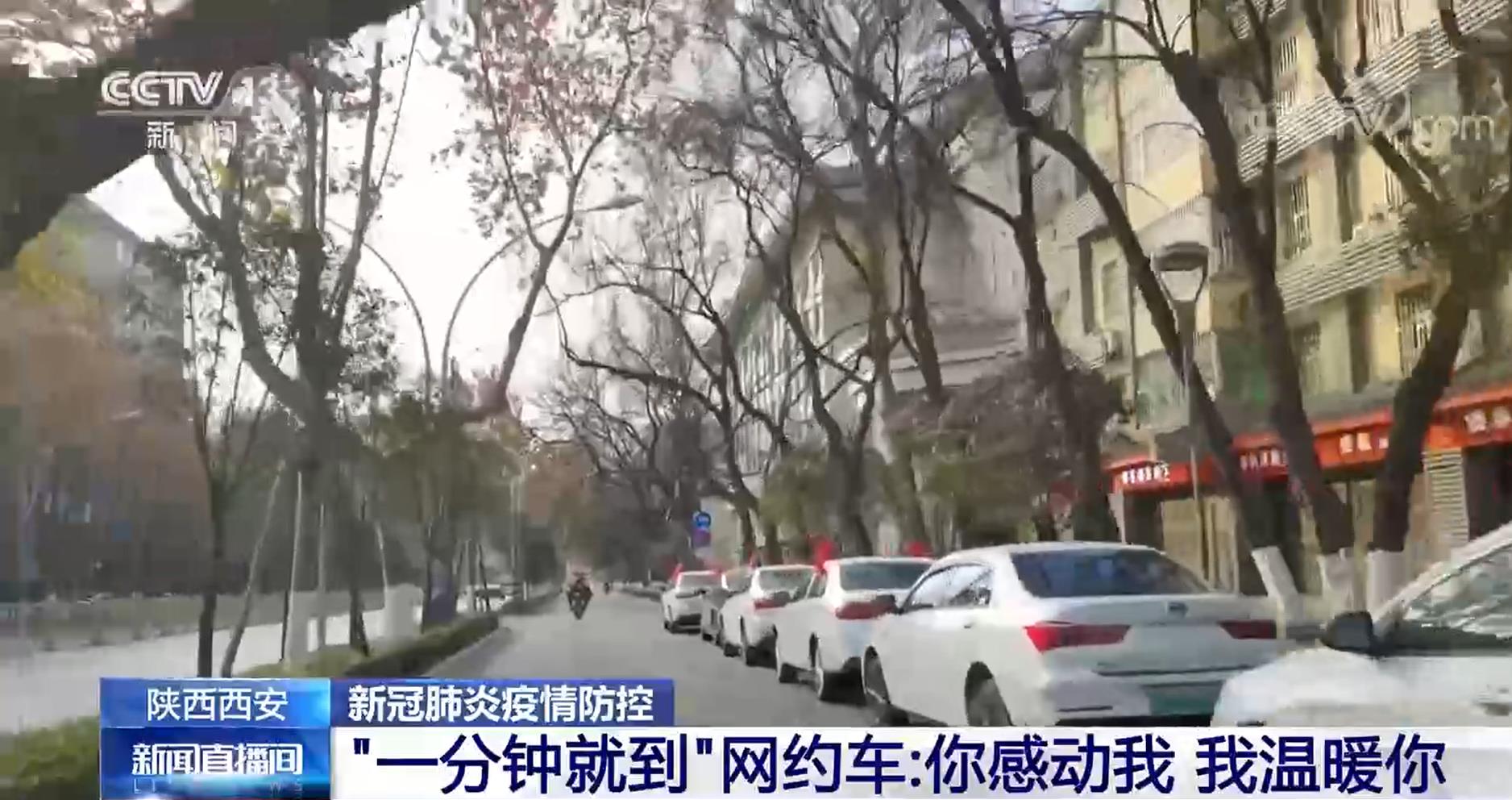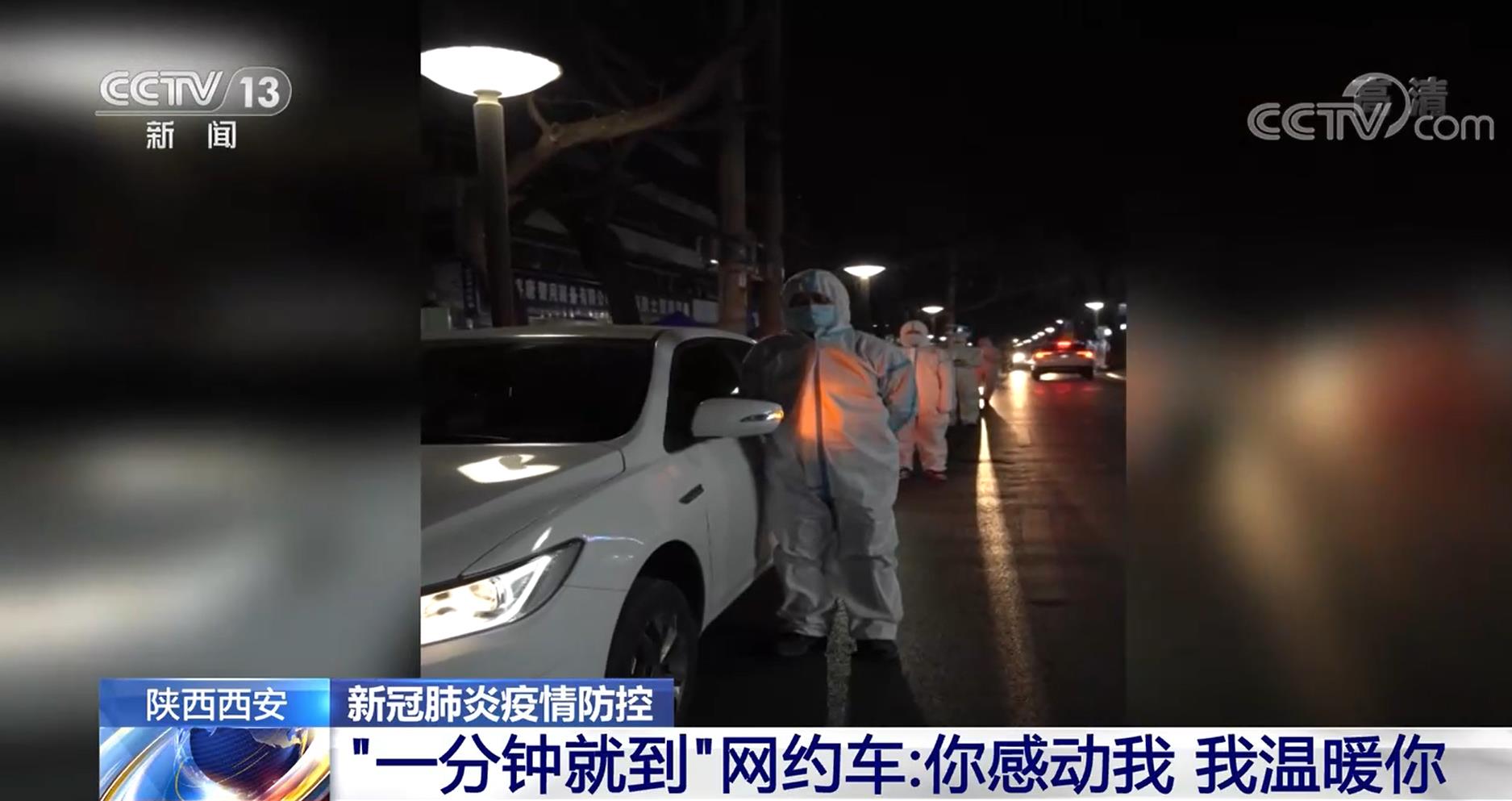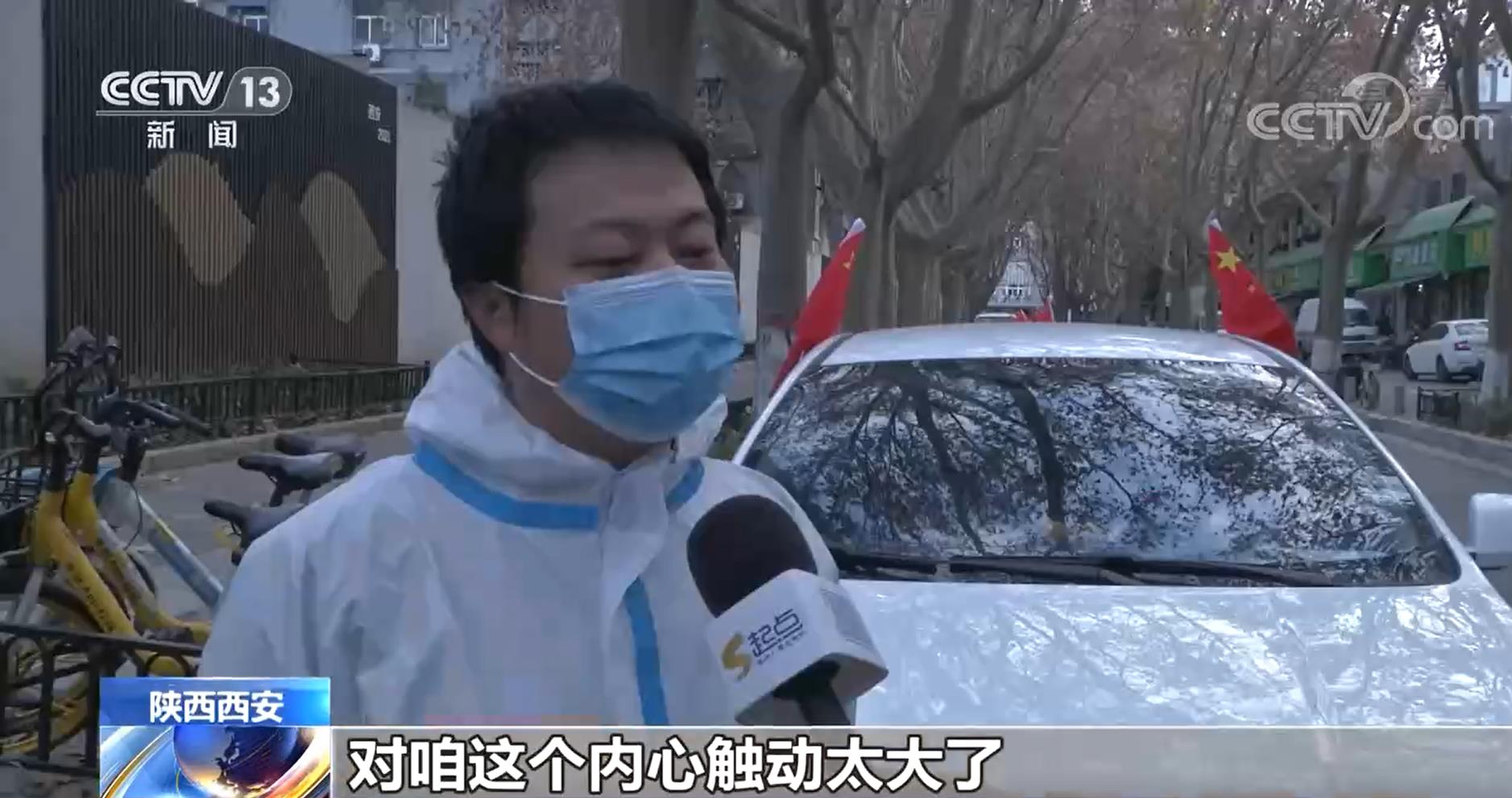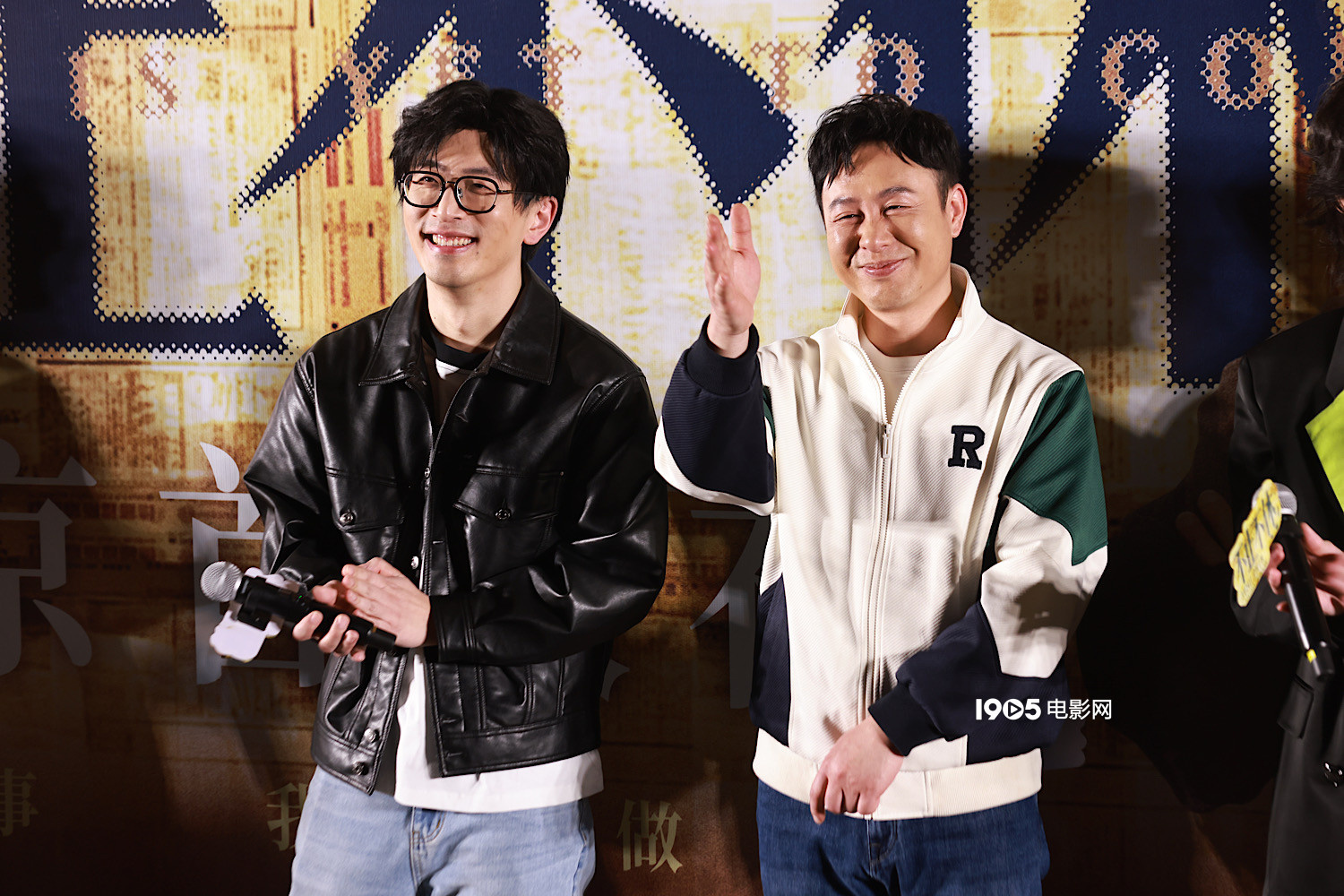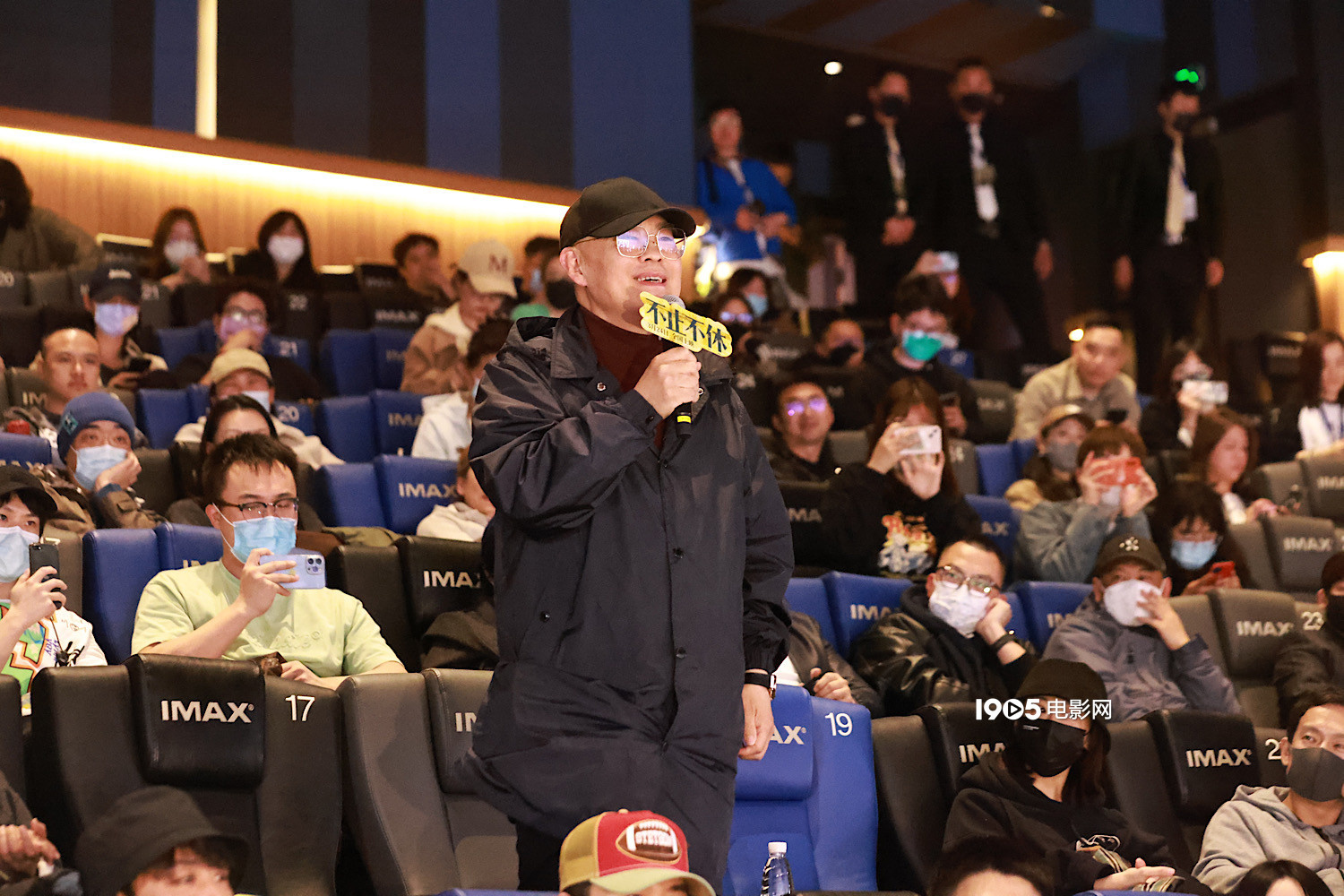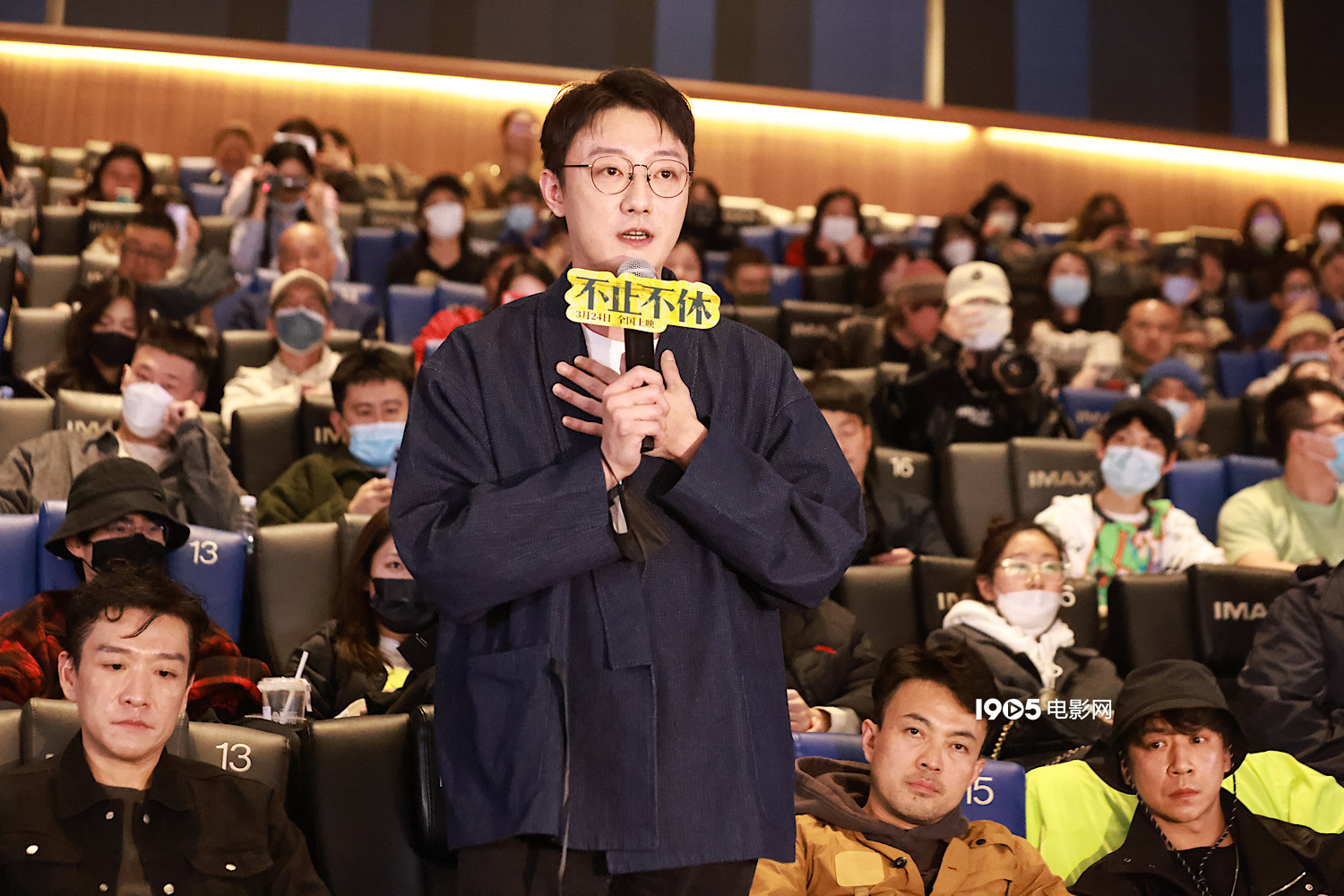The long-term shortage of doctors and medicines in rural areas of China made Mao Zedong extremely dissatisfied. The long-standing unresolved problem finally made him angry in 1965. Maybe even Mao Zedong himself didn’t think that his anger changed the long-term lack of medical care and medicine in rural areas of China.
Mao Zedong made an angry "626" instruction.
In the countryside of old China, there was a shortage of doctors and medicines. Farmers can’t afford to get sick, but they just hold on. They can survive minor illnesses, and when they get seriously ill, they have to wait for death. After the founding of New China, the people’s government attached great importance to the medical and health problems of rural farmers, and took various concrete measures to solve them. However, there were very few doctors with formal training in China at that time, so it was difficult for the government to solve this historical problem overnight.
In view of this situation, Mao Zedong believes that Chinese medicine needs few instruments, is flexible and convenient to move, and is not expensive, so farmers can afford Chinese medicine. Therefore, developing Chinese medicine is beneficial to solving the problem of farmers’ difficulty in seeing a doctor. In 1958, he instructed: "China medicine is a great treasure house, which should be explored, sorted out and improved". However, it takes time to train a large number of Chinese medicine practitioners, and most of these Chinese medicine practitioners stay in urban hospitals to work, so the problem of lack of medical care and medicine in the vast rural areas has not been fundamentally solved.
The central government then turned to explore another solution-sending doctors from cities to form medical teams to the countryside to treat farmers. Mao Zedong has repeatedly instructed hospitals in cities to organize medical teams to go to the countryside to treat farmers. In order to carry out Mao Zedong’s instructions, before 1965, the state successively issued many plans, requiring hospitals at all levels to temporarily set up medical teams to go to the countryside to treat farmers. In January, 1965, Mao Zedong and the Central Committee approved the report of the Ministry of Health on organizing mobile medical teams to go to rural grass-roots units. Many medical experts responded one after another, such as Huang Jiasi, a famous expert in thoracic surgery, Zhou Huakang, a pediatrician, and Lin Qiaozhi, a gynecologist, all joined in and went deep into the countryside to be sent to the hospital. By the first half of 1965, 2800 medical students had been organized in cities all over the country to make rounds in rural areas.
However, due to the limited number of medical teams, they can only go to two or three towns every time they go to the countryside, and the medical teams can only go to the countryside lightly, so it is impossible to bring a little larger medical equipment and complete all the specialists, and it is impossible to effectively treat diseases for farmers. In addition, when the medical team goes to the countryside for a long time, hospitals at all levels have to disrupt their daily work to arrange personnel, and rural areas have to worry about arranging accommodation for the medical team. Therefore, many local medical teams have not been organized to go to the countryside for a long time, and it is still difficult for farmers to see a doctor.
In this regard, Mao Zedong is extremely dissatisfied.
Mao Zedong’s accumulated anger finally broke out on June 26th, 1965. On this day, according to the arrangement of the General Office of the Central Committee, Mao Zedong listened to the work report of Minister of Health Qian Xinzhong. After making a general report on the work of the Ministry of Health, Qian Xinzhong talked about the distribution of medical personnel and the proportion of medical funds used in the country: there are more than 1.4 million health technicians in the country, and 90% of senior medical personnel are in cities, of which 70% are in big cities, 20% are in county towns, and only 10% are in rural areas; Only 25% of medical funds are used in rural areas, while 75% are used in cities. Mao Zedong got angry when he heard this set of figures. He stood up with a serious face and said sternly: "The work of the Ministry of Health only works for 15% of the national population, and 15% of them are mainly old people. The broad masses of farmers can’t get medical treatment, no medicine, and no medicine. The Ministry of Health is not the Ministry of Health of the people, but the Ministry of Health of the city or the Ministry of Health of the city, or the Ministry of Health of the city! " "The focus of medical and health work should be placed in the countryside!" "Cultivate a large number of doctors who can afford it in rural areas, and they will serve farmers."
After Mao Zedong became angry, the Ministry of Health immediately studied ways to implement Mao Zedong’s instructions. Because Mao Zedong’s instruction in this anger was on June 26th, the Ministry of Health called Mao Zedong’s instruction on this day "the June 26th instruction".
More than a month later, Mao Zedong once again summoned Health Minister Qian Xinzhong and others to discuss the training of full-time health workers in rural areas. In this conversation, Mao Zedong focused on improving farmers’ medical conditions, and put forward the general idea of training full-time health workers in rural areas. Mao Zedong said, "The more books you read, the more stupid you become. Now that set of examination and treatment methods is not suitable for rural areas at all. The method of training doctors is also for the city, but there are more than 500 million farmers in China. " Mao Zedong went on to say: "To reform medical education, there is no need to read so many books at all … It is enough for high school graduates to study for three years, mainly to learn and improve in practice. Even if such doctors are put in rural areas, they are better than deceptive doctors and witch doctors, and they can afford it in rural areas."
Mao Zedong did not mention the word "barefoot doctor" when he gave the "June 26" instruction. But there is one of his instructions-a large number of doctors who can afford it in rural areas should treat farmers in rural areas. Mao Zedong also laid down two conditions for training such doctors: one is to graduate from high school and primary school, and the other is to study medicine for three years. These were just a basic idea of Mao Zedong at that time, and there was no complete and clear pattern in his mind. In this case, in carrying out Mao Zedong’s instructions, all localities generally follow Mao Zedong’s conditions, but the practices are different, the modes are different, and the names of rural doctors trained are different. But in any case, the work of popularizing rural medical and health care has been carried out rapidly throughout the country. On the basis of the widespread establishment of people’s hospitals in counties across the country, the state began to vigorously support qualified communes to quickly establish health centers, and at the same time, the Ministry of Health began to organize medical training for young people with some culture in rural areas.
Mao Zedong’s "June 26th" instruction gave birth to "barefoot doctors" in China.
Shanghai started medical training for young people with a little culture in rural areas earlier. The term "barefoot doctor" first appeared in Jiangzhen Commune, Chuansha County, Shanghai. It turns out that this commune began to run an accelerated medical training course in the summer of 1965, with a semester of 4 months, learning general medical knowledge and simple treatment methods for common diseases. After the students have completed their studies, they will return to the commune as health workers.
Among the first batch of students, one is Wang Guizhen, from Dagou Brigade of Jiangzhen Commune. She works very hard in her studies. Later, she herself recalled: I have never even entered the middle school, such as those chemical element symbols, what else is "greater than" and "less than" … To be honest, I really don’t understand at once. At that time, I was able to bear hardships myself and studied hard. The teacher told me to turn off the lights at 9 o’clock in the evening, and I took a small flashlight and saw it in the quilt at 12 o’clock …
Because Wang Guizhen studied hard in class, he soon mastered medical knowledge. After graduation, she was arranged to be a health worker in Jiangzhen Commune, and she was one of the first batch of health workers in the commune. At that time, there were 28 health workers in the first batch of Jiangzhen Commune. In fact, these health workers are still interns in the first-class hospitals in the commune, or nurses and paramedics. Farmers are sick, but they still have to come to commune hospitals. In other words, the health workers trained by the commune still didn’t go from village to village to treat farmers like rural doctors in the past. However, Wang Guizhen was different from others after graduation. He didn’t choose to stay in hospitals and other farmers for home treatment. Instead, he took up medicine boxes, went from village to village and even went to the fields to treat farmers. When farming is busy, she also takes part in agricultural labor.
At first, farmers didn’t believe that Wang Guizhen could cure diseases, saying that it would take several years to be a doctor, and this young girl could become a doctor after only four months? Can I see a doctor? But Wang Guizhen proved himself with practical actions. A patient has a toothache, and she wants to give the patient acupuncture. The patient dare not, for fear of pain, she pricks herself first. More and more patients were cured by Wang Guizhen, and people began to publicize her. More and more people sought her treatment, and she began to enjoy a reputation among farmers. In addition, Wang Guizhen and his companions planted more than 100 kinds of Chinese herbal medicines on a slope near the village, and set up a local pharmacy in the village. Using their limited medical knowledge, they came up with various ways to combine local culture with foreign culture, so that people around them could treat diseases with less money.
Wang Guizhen’s way of going from village to village like a village doctor in the past, even going to the fields to treat farmers and taking part in some agricultural labor during busy farming hours, did not attract the attention of the local party and government leading organs and health departments, but only publicized her deeds in the scope of learning from Lei Feng. Therefore, Wang Guizhen’s deeds were confined to the Shanghai grassroots at that time.
Associated with Wang Guizhen’s deeds, there is another person-Huang Yuxiang. Huang Yuxiang graduated from Suzhou Medical College in 1953. In the early 1960s, he and his wife, Zhang Aiping, were successively assigned to work in Jiangzhen Commune Health Center in Chuansha County, Shanghai, to treat farmers directly. In his work, he has a profound understanding of the current situation of lack of medical care and medicine in rural areas and the difficulty for farmers to see a doctor.
At that time, the conditions of Jiangzhen commune health center were extremely poor, that is, a rented private house, without high-pressure steam disinfection equipment and even pressure cooker. The most basic medical instruments such as syringes were disinfected by boiling, which were all unqualified. It is under such conditions that Huang Yuxiang still tries every means to treat farmers. While serving the local farmers seriously, he also pays attention to using what he has learned to teach local health workers medical knowledge so that more people can treat farmers. After Mao Zedong’s "June 26th Instruction" was issued, he began to actively participate in the work of training local rural health workers in Jiangzhen Commune. He also became the teacher of the first batch of rural medical students including Wang Guizhen. At the same time, he often goes to the countryside to treat diseases for farmers, which is deeply loved by farmers. Huang Yuxiang’s deeds have also been affirmed by the local party and government departments.
Wang Guizhen and Huang Yuxiang’s practice of serving the people wholeheartedly is well received by local farmers. Because of a variety of rice, local farmers usually work barefoot in paddy fields, so local farmers have long had a simple concept-"barefoot" and "labor" are the same meaning. Local farmers called Wang Guizhen a "barefoot doctor" when they saw that she often took part in some labor while seeing doctors for farmers. In fact, "barefoot doctor" means practicing medicine without leaving work. As Huang Yuxiang said, "barefoot doctors" are called by farmers themselves.
However, the deeds of both Wang Guizhen and Huang Yuxiang were only affirmed and publicized by the local government at that time, and the focus of publicity was also their spirit of serving the people wholeheartedly. As for the word "barefoot doctor", it has not yet become the focus of publicity. The deeds of Wang and Huang have not been publicized nationwide, and naturally they are not known in Mao Zedong, and the word "barefoot doctor" is not known to the people of the whole country.
The situation changed in 1968. This year, it has been nearly three years since the health departments of Chuansha County and Shanghai publicized the deeds of Wang Guizhen and Huang Yuxiang. After this period of precipitation, their deeds have stood the test, and they also have some experiences worth popularizing in a wider range. So Shanghai sent reporters to Jiangzhen, Chuansha County to investigate and interview. During the interview, well-informed and sensitive journalists realized that what Wang and Huang did was consistent with the instructions given by Mao Zedong a few years ago and the way he advocated. So instead of writing the interview results into a general report, they wrote an investigation report. During the writing process, the reporters made a careful analysis of the deeds of Wang and Huang, and at the same time repeatedly experienced Mao Zedong’s instructions on improving rural medical conditions from the 1950s to the early 1960s. They felt that the practices of Wang and Huang in Jiangzhen Commune were in line with the spirit of Mao Zedong’s instructions. Therefore, the investigation report deeply explores and explains Mao Zedong’s instructions and the deeds of Wang and Huang, which are inherently related. In writing, the reporters strive for perfection in writing, making the articles as lively as possible, and for the first time, they use the name "barefoot doctor" that local farmers call Wang and Huang, and directly use the word "barefoot doctor" unfamiliar to the whole country in the title. The title is finally "Looking at the direction of medical education revolution from the growth of" barefoot doctor ".
In the summer of 1968, Wen Wei Po, an influential Shanghai newspaper, published this survey report in an important position. After the publication of this article, it immediately attracted the attention of the propaganda department in Beijing. The investigation report was reprinted in the third issue of Red Flag magazine published in September of that year and People’s Daily published on September 14th. The article has been published in three major newspapers, which naturally aroused widespread concern. Especially in this article, for the first time, the rural health workers who are semi-medical and semi-agricultural are called "barefoot doctors", which is refreshing.
This article attracted the attention of Mao Zedong. Mao Zedong carefully read this article published in the People’s Daily on September 14th, and instructed in the People’s Daily he read: "Barefoot doctors are good." At that time, Mao Zedong’s instructions were "supreme instructions". Therefore, Mao Zedong’s instructions were quickly issued and immediately translated into the actions of party and government departments at all levels. Since then, "barefoot doctor" has become a specific title for rural doctors who are half-agricultural and half-medical. More importantly, according to this idea, on the basis of people’s hospitals at county level and health centers at commune level, clinics have been set up at brigade (equivalent to the present village) level all over the country, forming a rural three-level medical system. In the first brigade
The medical staff working in the first-class clinic are all "barefoot doctors" who are "half farmers and half doctors". At the same time, health departments at all levels began to make great efforts to train a large number of "semi-agricultural and semi-medical" personnel according to the practice of Jiangzhen Commune in Chuansha County, Shanghai. At that time, it was also the climax of educated youth going to the countryside. A group of junior and senior high school students who went to the countryside, because of their higher educational level than the local peasant youth, naturally became the main body of "barefoot doctors" training who were "semi-agricultural and semi-medical". After their studies, most of them became "barefoot doctors". This situation has prompted China’sThe team of "barefoot doctors" formed rapidly in a short period of time, and the medical situation in rural areas changed rapidly. The "semi-agricultural and semi-medical" groups active in the vast rural areas have indeed been welcomed by the majority of farmers. Farmers have a headache and brain fever, so they don’t have to go to commune or county to treat it, and the general injuries suffered in labor can be treated in time. Moreover, farmers see a doctor in the brigade clinic or commune health center, and the medical expenses mainly come from the funds accumulated by the commune and brigade. Apart from deducting a small amount of work, members basically don’t spend any money, and some places don’t even charge a registration fee of 5 cents. How can this not be sincerely supported and welcomed by the majority of farmers?
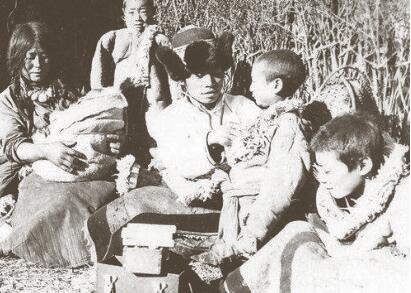
In the mid-1970s, "barefoot doctors" diagnosed and treated diseases for herdsmen.
"Barefoot doctor" gave birth to the cooperative medical system of rural brigade
With the formation of the scale of "barefoot doctors", the rural cooperative medical system was established at that time. The rural cooperative medical system was invented by a barefoot doctor named Qin Xiangguan in Hubei Province. At that time, he was a doctor in the health center of Paradise Commune. Through in-depth investigation of various production teams, drawing on the experience of the Party leading farmers to organize credit cooperatives to get rid of the exploitation of usury and supply and marketing cooperatives to get rid of the exploitation of profiteers, and taking into account the idea of organizing farmers to run cooperative medical care and relying on collective strength to fight diseases, he came up with the Draft on the Trial Implementation of Farmers’ Cooperative Medical Treatment by Dujiacun Brigade of Paradise Commune. This draft has been affirmed and supported by the brigade and commune. In order to turn Qin Xiangguan’s draft into reality, Paradise Commune strongly supported Dujia Village Brigade to run the clinic.
On August 10th, 1966, this clinic in Tujia Village, Changyang, western Hubei was put on the market. The specific measures of this cooperative medical system are: each farmer pays 1 yuan’s cooperative medical expenses every year, and the village draws an average of 50 cents from the collective public welfare fund as the cooperative medical fund. Except for a few chronic diseases who need to take medicine all the year round, the masses only pay a registration fee of 5 cents every time they see a doctor, so taking medicine is free.
At the same time, under the drive of Qin Xiangguan, all the staff in the clinic set out to collect effective earthwork to treat farmers. Their practice was later summarized as "three soils", namely, local medicine, local medicine and local pharmacy. They also planted, collected and made Chinese herbal medicines themselves to treat local farmers. This practice was later summarized as "four selves", that is, self-planting, self-harvesting, self-control and self-use. At the same time, they took the initiative to investigate the situation of sick people among farmers, striving to achieve: early treatment of diseases, early prevention of diseases, "not much money, convenient treatment; A minor illness does not leave the team, and a serious illness does not leave the club. " The Hubei Provincial Committee of the Communist Party of China publicized and promoted Qin Xiangguan’s deeds and the cooperative medical system of Dujiacun Brigade. Shortly after Mao Zedong gave the instruction that "barefoot doctors are good", the Hubei Provincial Committee of the Communist Party of China sent a survey report reflecting the cooperative medical care situation of Paradise Commune to the General Office of the Central Committee of the CPC in 1968.
The Central Committee of the Communist Party of China attached great importance to this experience. After sending personnel to verify this experience, he took the materials reflecting this experience to the rural areas in the suburbs of Beijing and organized farmers to hold two symposiums for discussion. On November 30, 1968, the relevant departments of the central government specially wrote a report to Mao Zedong. After reading the report, Mao Zedong was very happy. He repeatedly praised the cooperative medical system and immediately wrote four words on the report: "This will be done." Mao Zedong’s instruction is an affirmation of the rural cooperative medical system.
Since then, with the affirmation and support of Mao Zedong, barefoot doctors have been set up at the brigade level, and cooperative medical system has been established at the brigade level, which became a new thing in China at that time, and as the largest welfare system for hundreds of millions of farmers in China, it was established in China.
"Barefoot doctor" is a practitioner of "serving the people"
The "barefoot doctors" did not live up to Mao Zedong’s expectations. They live and work in the countryside, and treat the peasants. They are really practitioners of Mao Zedong’s call of "serving the people".
At that time, "barefoot doctors" were still farmers, living in the countryside and earning work points (subsidies also appeared in the form of work points), so farmers could afford them.
They are the villagers and are closely related to the local farmers. Even the educated youth are "barefoot doctors", they are also villagers, so farmers can use them. They don’t have good medical equipment in their hands, but they all carry a medicine box with simple medical instruments and medicines. Farmers are sick and on call, regardless of time, place and weather. When there are no patients, they work in the fields. "Put down the medicine box and go to the ground, take up the medicine box for home visits" is a vivid portrayal of "barefoot doctor".
But the "barefoot doctor" also has "two treasures": one is silver needle and the other is herbal medicine. "The cure depends on the silver needle, and the medicine is found in the mountains" is a jingle used by farmers to describe the work of "barefoot doctors" at that time. These two treasures, "barefoot doctors", are still effective in treating common diseases and don’t cost much, so they are welcomed by farmers. Therefore, "barefoot doctors" have become the patron saint of the health of farmers.
As the patron saint of farmers’ health, barefoot doctors should not only have certain medical knowledge, but also have a dedication to serve the people wholeheartedly. As long as one of the farmers is sick, the "barefoot doctor" will rush to the patient for treatment at the first time.
In grasslands and mountainous areas, you can often see "barefoot doctors" braving the wind and snow, climbing mountains and crossing rivers. Moreover, the rural areas in China were generally poor at that time, and the cooperative medical system established under such circumstances could only provide "barefoot doctors" with limited drugs, and all they had were general analgesic and anti-inflammatory injections, mercuric chloride, iodine and aspirin. In order to increase medicines for treating farmers and reduce their medical burden, they often go up the mountain to collect Chinese herbal medicines. In addition to these, the "barefoot doctor" also shoulders the task of health and epidemic prevention and health care for local farmers. In those days, the work of epidemic prevention and health care organized by the state involving the whole people was carried out by the "barefoot doctor" to farmers who accounted for 90% of the population. To this day, "thousands of families leave footprints, and medicine boxes smell of earth" is still the warmest memory of farmers in that era for "barefoot doctors".
Both "barefoot doctors" and cooperative medical care have had world influence.
In the early 1970s, China began to improve its relations with the West, and the story of "barefoot doctors" spread abroad, which had a great influence abroad. In 1969, the "Training Textbook for Barefoot Doctors (for Southern China)" mainly written by Huang Yuxiang was published.
In 1970, the Handbook of Barefoot Doctors compiled by Shanghai College of Traditional Chinese Medicine and Zhejiang College of Traditional Chinese Medicine was published by Shanghai Publishing Revolution Group. These two books are clear, simple and practical, focusing on treating common diseases of farmers. They have not only become necessary teaching materials for barefoot doctors, but also attracted the attention of the international community. In particular, the Handbook of Barefoot Doctors not only has one copy for the "barefoot doctors" in the whole country, but also for doctors in regular hospitals for their reference when treating patients. Many ordinary people also buy reading to increase some medical knowledge, and compare it to understand the health of themselves and their families; Sick people also learn some treatments through it. Some people even say that "The Manual of Barefoot Doctors" was the book whose circulation was second only to "Quotations from Chairman Mao", which has some truth. After the publication of the Handbook of Barefoot Doctors, UNESCO translated it into more than 50 languages and distributed it all over the world. In today’s bookstores in many countries around the world, you can still see the English version of the Handbook of Barefoot Doctors.

Handbook of barefoot doctors
In 1972, several scholars from Stanford University in the United States filmed a 52-minute documentary entitled "Barefoot Doctors in Rural China" in China. This documentary truly recorded the situation that "barefoot doctors" in China used local materials, made drugs for common diseases in rural areas and used small silver needles to treat serious diseases. After the film was shown in many countries, it caused a strong response. It is this film that has pushed China’s "barefoot doctors" to the world and promoted the global "barefoot doctors fever in China".
In 1974, the World Health Assembly was held in Geneva. As a representative of "barefoot doctors" in China, Wang Guizhen attended the meeting and made a 15-minute speech at the meeting. In the process of attending the meeting, she personally felt people’s concern and love for "barefoot doctors" in China.
At the beginning of September, 1976, the 27th session of the Western Pacific Regional Committee of the World Health Organization and the Conference on Primary Health Care in the Pacific Region of the World Health Organization were held in Manila, the capital of the Philippines, attended by representatives from 33 countries and regions. China barefoot doctors and representatives of cooperative medical care Huang Yuxiang and Qin Xiangguan attended the meeting. At the meeting, Qin Xiangguan gave a report entitled "Rural Grassroots Health Work in China", and then answered questions from ministers of health of participating countries and major media reporters. Qin Xiangguan’s report and answers amazed all the people present at the meeting. They praised China for creating a miracle on earth.
Since then, "barefoot doctor" and "cooperative medical care" have become terms with angel meaning in the world. Until today, no matter what political views you hold, no matter what color you are, foreigners will give a thumbs-up whenever they hear "barefoot doctors" and "cooperative medical care".
In the early 1980s, with the implementation of the household contract responsibility system in China, agricultural business units were reduced to the size of families. The method of paying by work no longer exists, and it is difficult for barefoot doctors and cooperative medical care to survive. In early 1985,The Ministry of Health has decided to stop using the term "barefoot doctor". The original "barefoot doctor" will be assessed, and those who pass the examination will be recognized as rural doctors, and they can continue to practice medicine after obtaining medical qualifications. On January 25th, 1985, People’s Daily published the article "Stop using the name of" barefoot doctor "and consolidate the development of rural doctors". The "barefoot doctor" no longer exists, and the cooperative medical care that coexists with it has also disintegrated. At this point, "barefoot doctors" and "cooperative medical care" have become historical terms. However, it is undeniable that Mao Zedong’s anger in 1965 changed the long-term lack of medical care and medicine in rural areas of China, and it is still a warm memory of hundreds of millions of farmers for that era. It should also be affirmed that the spirit of serving the people wholeheartedly contained in Mao Zedong’s instructions in those years is still shining. In today’s realistic environment, the form of cooperative medical care between "barefoot doctors" and brigades certainly needs to keep pace with the times. In fact, many good practices, good experiences and even major experiences have been absorbed by the "new rural cooperative medical system" promoted by the central government and become an important part of the party and government’s policy of benefiting the people.
